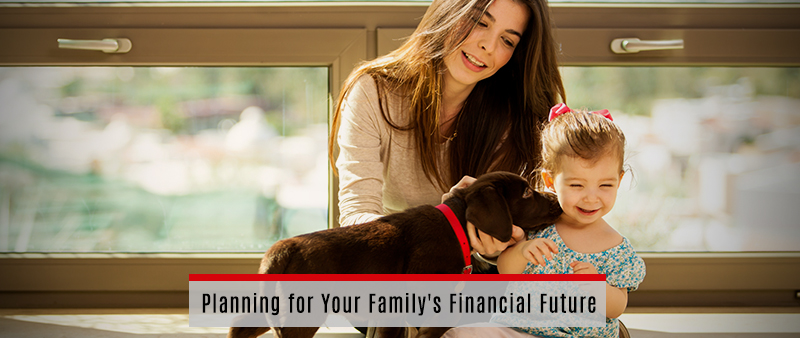
Starting a family, whether it be large or small, is a significant undertaking. You’re not just looking after yourself – you have the needs of a spouse, children, and/or animals to consider, as well as investments such as homeownership and purchasing the right car. The financial security of your family should always be your strongest goal, and varying income levels can play a role in what you’re able to accomplish. However, it’s important to steer away from the common mistakes many people make when they start a family.
- Don’t let your budget go by the wayside. If you haven’t already created a solid budget to manage your family’s expenses, it’s imperative to start now. It’s one thing to manage your own budget as a single person, or even as a childless married couple, but when you add children to the mix, you’re going to need stronger support. Creating a spreadsheet for your monthly budget is one of the best ways to stay on track, and on a day-to-day basis, use Polam’s mobile app to monitor your real-time account activity.
- Don’t forget your family’s long-term expenses. Short-term costs can trip up even the most diligent budgeter. But when it comes to managing a family budget, focusing on short-term expenses can throw a wrench into your plans. If you have children who plan to go to college, or if you want to buy a house, you have to make plans to save for those goals. While it’s important to factor in weekly expenditures, neglecting your future can cause damage in the long run.
- Ask about your company’s family leave policy. If you’re welcoming a new baby to the world, it’s important to understand your employer’s family leave well in advance so you can plan ahead. Taking unpaid time off can bring harm to your annual income, so if you’re pregnant, ask your employer as early as possible about parental leave, disability, or FMLA benefits.
- Make adjustments for baby / young child expenses. Bringing a new tiny human into the world comes with a whole new degree of expenses, so it’s vital to plan ahead instead of waiting to see how your budget plays out. If you want to avoid dipping into your savings or lines of credit, start planning early for expenses such as diapers, clothing, furniture, or other necessities that come with a baby. You can also look into clothing swaps or online marketplaces for gently used items to help save money.